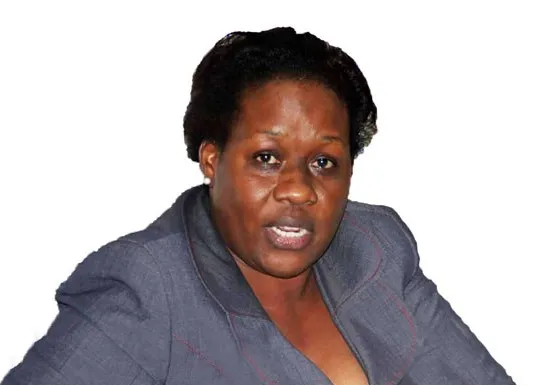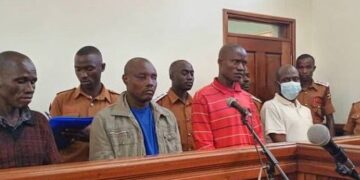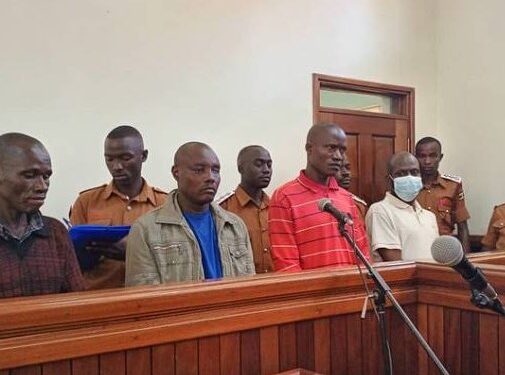The International Crimes Division of the High Court has convicted Daniel Kisekka, a resident of Nsava village in Kayunga District, for the 2015 assassination of Assistant Director of Public Prosecutions Joan Kagezi Namazzi.
In a major judicial milestone, the Office of the Director of Public Prosecutions (ODPP) today secured a guilty plea and conviction in the high-profile assassination case of Kagezi, nearly a decade after her killing shocked the nation.
The High Court of Uganda sitting at the International Crimes Division accepted a guilty plea from Kisekka Daniel Kiwanuka, 47, a former corporal in the Uganda Peoples’ Defence Forces (UPDF), who confessed to participating in Kagezi’s murder on March 30, 2015.
Kisekka entered the plea under a plea bargain arrangement, resulting in a 35-year prison sentence. However, he will serve 34 years owing to the one year he has spent on remand.
The court was informed that the murder was a premeditated, profit-driven conspiracy, allegedly commissioned by a high-profile individual whose identity remains undisclosed. The plot involved several accomplices—Kisekka, Kibuuka John, Nasur Abdallah Mugonole, and Massajjage John—with Kagezi shot twice in the neck by Kibuuka as she sat in her official car in Kiwatule, in full view of her children.
Kisekka admitted that he and Nasur served as a backup team during the attack, while Kibuuka and Massajjage executed the shooting. He revealed that each conspirator received a UGX 500,000 down payment, with promises of USD 200,000 upon completion of the murder.

The conviction marks a significant breakthrough in one of Uganda’s most haunting criminal cases. For years, the investigation had gone cold until 2023, when Kisekka was arrested in Luwero District on unrelated charges. His arrest led to a confession and crucial intelligence that reignited the investigation and connected the dots.
Kisekka’s criminal record dates back to 2008, including charges of aggravated robbery and desertion from the UPDF in 2006. He had evaded justice for years, aided by mystical rituals allegedly performed by a witch doctor to shield him and his co-accused from arrest.
In delivering the sentence, the High Court emphasised aggravating factors, including the presence of Kagezi’s children during the attack, the calculated nature of the crime, and the conspirators’ blatant disregard for human life. The judicial panel comprised Justice Michael Elubu (Head of Panel), Justice Stephen Mubiru, Justice Dr. Winfred Nabisinde, and Justice Celia Nagawa.
Thomas Jatiko, Assistant Director of Public Prosecutions, represented the ODPP, while Jacquelyn Okui, the ODPP’s Public Relations Officer, hailed the conviction as a testament to the institution’s resolve to pursue justice “regardless of the passage of time.”
Kagezi, at the time of her death, was head of the International Crimes Department and had led prosecutions in landmark terrorism and war crimes cases. Her assassination drew national and international condemnation and raised concerns about the safety of judicial officers.
The case against the remaining suspects—Kibuuka, Massajjage, and Nasur—is ongoing. The conviction of Kisekka sends a strong signal against organised crime, affirming that no one is above the law, regardless of military ties or mystical beliefs. It also underscores the value of strategic plea bargaining in dismantling criminal networks.









